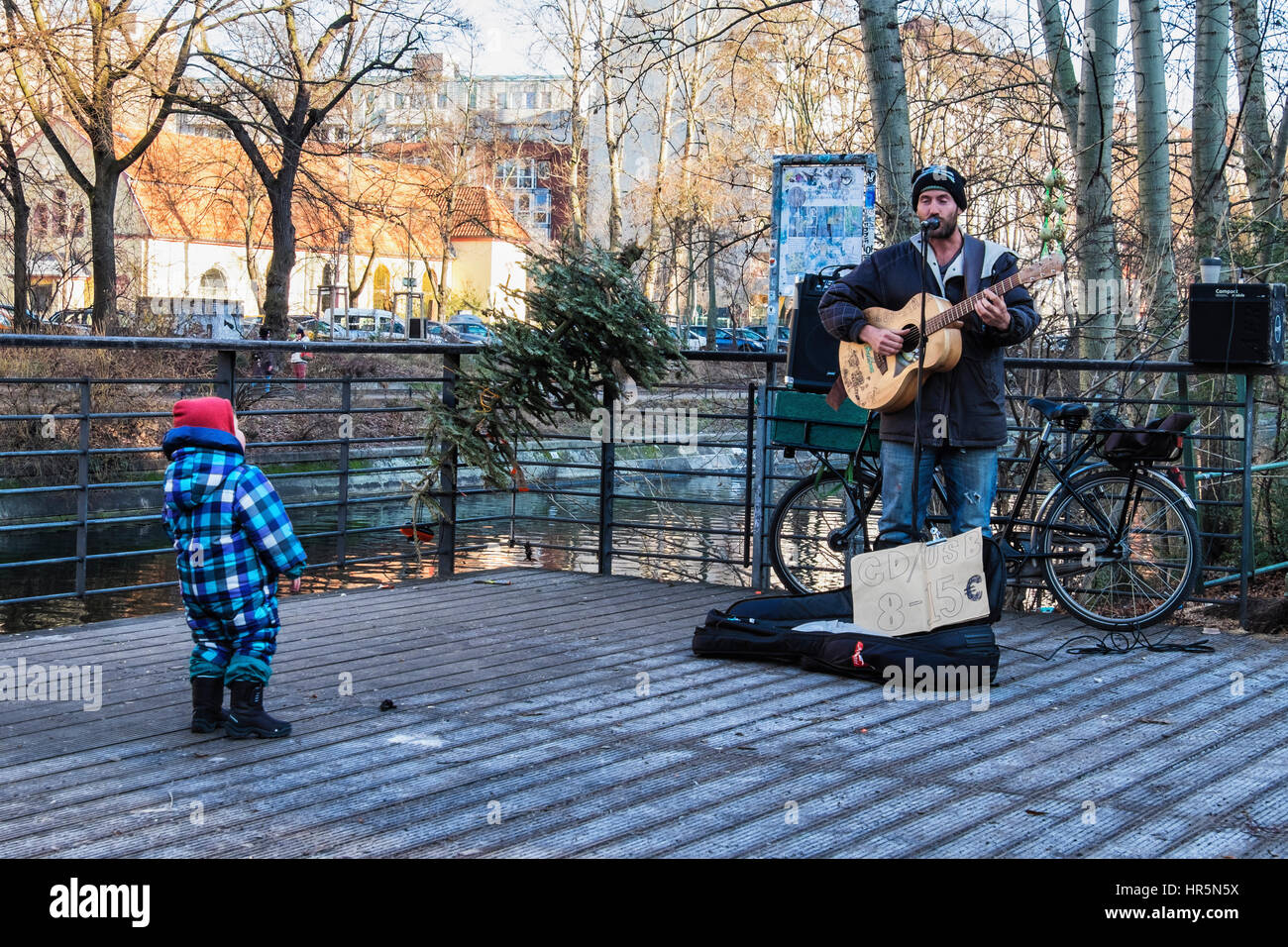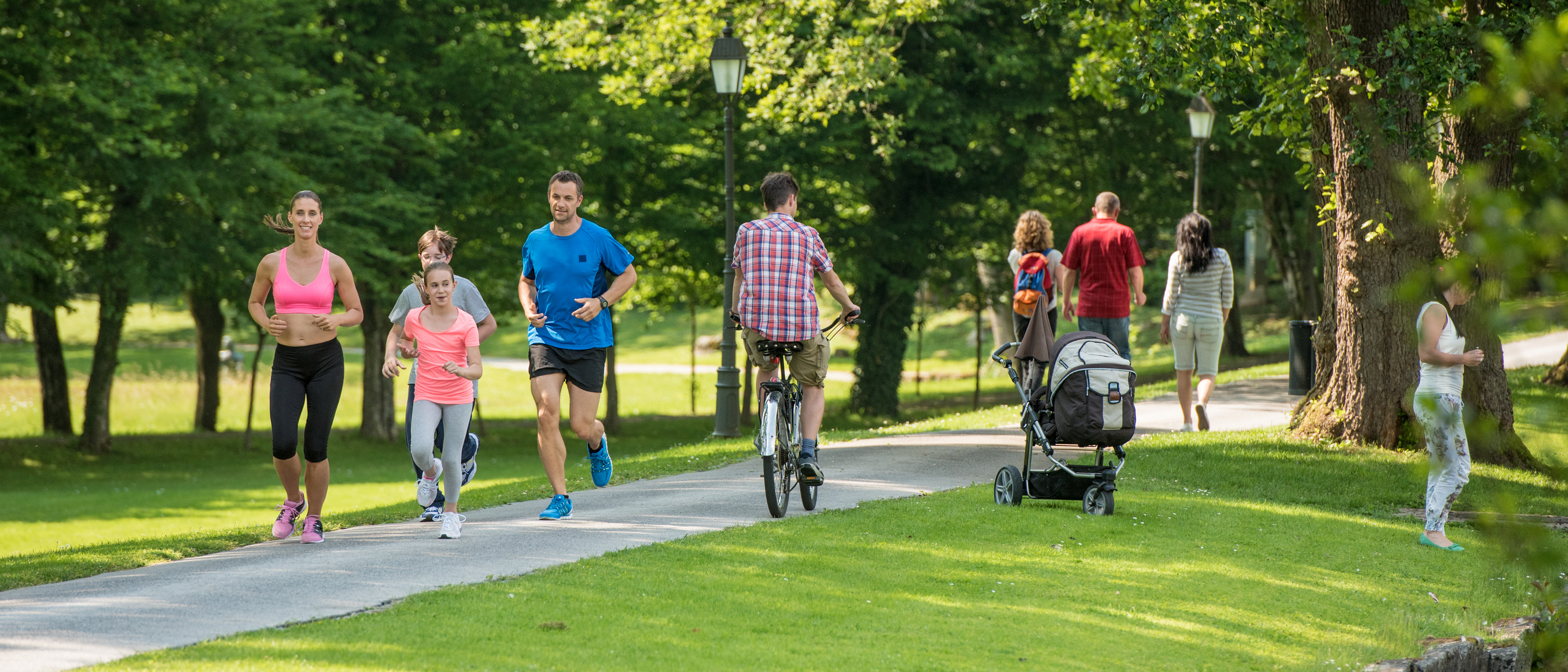
1.
[æ] – fat, mat,
dad, rat, sad, cad.
2.
[ei] – fame,
fate, rate, crate, late.
3.
[ɑ:] – car, star, bar, bark, lark, dark.
4.
[ɛə] – bare,
stare, rare, prepare, compare, declare.
5.
[ɔ:] – all, always, fall, hall, ball, mall,
alltogether.
6.
[ə] – alone, along, another, about, around.
Tongue twisters:
1.
How can a clam cram in a clean
cream can?
2.
Can you can a can as a canner
can can a can?
3.
Ann and Andy’s anniversary is
in April.
4.
Andy Anteater acted
aggressively and anxiously.
5.
Alice
altered her apron.
Now read these
tongue twisters out loud:
1.
Ape cakes, grape cakes. Ape cakes, grape
cakes. Ape cakes, grape cakes.
2.
If I assist a
sister-assistant, will the sister’s sister-assistant assist me?
3.
“What ails Alex?” asks Alice.
4.
Andrea and Andrew ate eight
acid apples accidentally
5.
Abe and Babe will grab a grub
from Greg. Will Abe and
Babe grab a grub from Greg? If Abe and Babe
will grab a grub from Greg, Where’s the grub
from Greg Abe and Babe will grab?
6.
Can an active actor always
actually act accurately?
Choose the
correct answer (several options can be possible)
We use Present Simple when we talk about:
1.
past events
2.
typical actions
3.
weather
4.
nature facts
5.
now
2) When we use to be in present
we need:
1.
helpers (do/does)
2.
am/is/are
3.
am/is/are +V1/-s





NB! Remember
that if you want to emphasize the action, you can put do or does before the
verb into a positive sentence: I DO love you. I DO like studying English. Think
where in these sentences you can use such an emotional DO/DOES.
Example: Oh, I
can’t believe it! John loves his mother-in-law! ~~> Oh, I can’t believe it! John DOES love his mother-in-law!
1.
She thinks he doesn’t love her, but he loves her. He really does!
2.
You look pretty in that new outfit! Quite stunning!
3.
Are you all right? You look a bit pale. Please, sit down.
4. I don’t see very
much of my old friends now, but I still email them.
5. Was that a joke? I
believe you’re teasing me!
Choose the correct answer: We use Present Process:
1. when we talk about
typical activities
2. when we talk about
now and only now
3. when we talk about
now or time around now (this week, this month)
4. when we talk about
long actions
5. when we talk about
short actions
Look at these pictures and describe what these people
are wearing, what they are doing and what is happening.
Remember that in English when we describe pictures, we
use Present Process.Use at least five sentences for each picture:




What uses of Present Process do these sentences have?
1. Please, be quite!
I’m trying to concentrate.
2.
What are you doing these days? Working?
3. I want to lose
weight, so this month I’m not having desserts.
4.
I’m tired. I’m going to bed now. Good night!
5.
Neil doesn’t live here, he’s just visiting for a week.
Watch this cartoon about Mr Bean. Become a narrator of the story, imagine you have to
retell it to your friend who doesn’t have YouTube.
For example: Mr. Bean is dancing with his bear. He’s happy.
He’s holding a flashlight in his mouth. An old woman is opening and closing the
door.
Choose the correct answer (more
than one option is possible)
We use Present
Result:
1.
when we talk about something very important that
happened
2.
when we talk about something that happened yesterday
or last week
3.
when we talk about a special experience
4.
when something very insignificant happened
5.
when we talk about something important that happened,
time when it happened is very important too
Mind the difference between the usage of been and gone. When you say
‘He has gone to Paris’, that means that he’s gone there and now he is in Paris.
If you say ‘He has been to Paris’, that means that at some point he visited
Paris but now he is not there.
1.
John has ___________out for lunch – he’ll be back at 3
p.m.
2.
I’ll speak to Neil tomorrow – he’s ___________
home.
3.
Have you ever _________ to NYC?
4.
Your shoes are so dirty! Where have you _________?
5.
Things are different now – those days have long
________.
Answer the question. Please,
give the full answer to each one, not just “yes” or “no”.
1. Have you ever lost
money?
2. Have you ever
broken a bone?
3. Have you ever been
on a really exciting holiday in another country?
4. Have you ever felt
like giving up studying English?
5. Have you ever told
a big, big lie to your parents?
6. Have you ever done
anything illegal?
7. Have you ever
eaten anything quite strange?
8. Have you ever made
anyone you love very angry?
9. Have you ever
wanted to dance in the streets because you were so happy?
10. Have you ever
cried while watching the news?
11. Have you ever
dreamed about being famous?
12. Have you ever lost
your temper and got really angry in public?
13. Have you ever
raised money for charity?
14. Have you ever sent
anyone an e-mail and then regretted sending it?
15. Have you ever
broken anything and pretended it wasn’t you who broke it?
16. Have you ever
fallen in love at first sight?
17. Have you ever met
anyone famous?
18. Have you ever lent
anyone anything and they didn’t give it back?
19. Have you ever
stolen anything from the shop?
Choose the right answer:
Present Process Result is used:
1. when we talk about
a long action that started at some point in the past and is still going on
2.
when we talk about now
3. when we talk about
a long action in the past which stopped
4. when both length
of the action and its result are important
5. when we talk about
a long action which has just finished
Use
either Present Result or Present Process Result
1.
___________________ (you / buy) your train ticket yet?
2. The kitchen is a complete mess! What
___________________ (the children / do)?
3.
Julie ___________________ (learn) to drive for six years!
4.
Amanda ___________________ (already / have) lunch, so she’ll meet us
later.
5.
How much coffee ___________________ (she / drink) this morning?
6.
Simon ___________________ (write) three books.
7. I ___________________ (do) everything
I needed to do today! Hurray!
8.
It ___________________ (not / rain) all summer, so the garden is dead.
9.
I ___________________ (read) your book. Here it is, thank you.
10.
She ___________________ (forget) how to get to my house.
11.
I ___________________ (work) in the garden all day and I need a rest.
12.
She ___________________ (make) three cakes. They look delicious!
13.
David feels great these days. He ___________________ (get) up early
lately.
14.
We ___________________ (always / hate) rush hour traffic.
15.
Recently, I ___________________ (study) a lot. My exams are in a few
weeks.
16.
We ___________________ (write) this book for months
17.
I ___________________ (always / love) chocolate.
18.
I ___________________ (want) to go back to university for a long time.
19.
What’s that delicious smell? ___________________ (you / cook)?
20.
I ___________________ (watch) seven films this week!



Комментариев нет:
Отправить комментарий